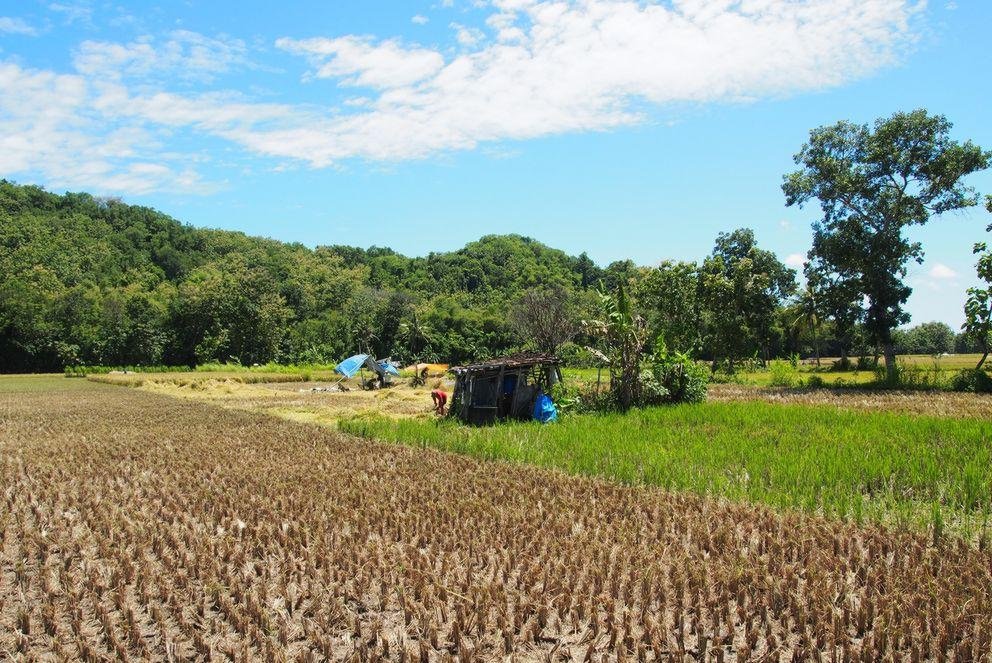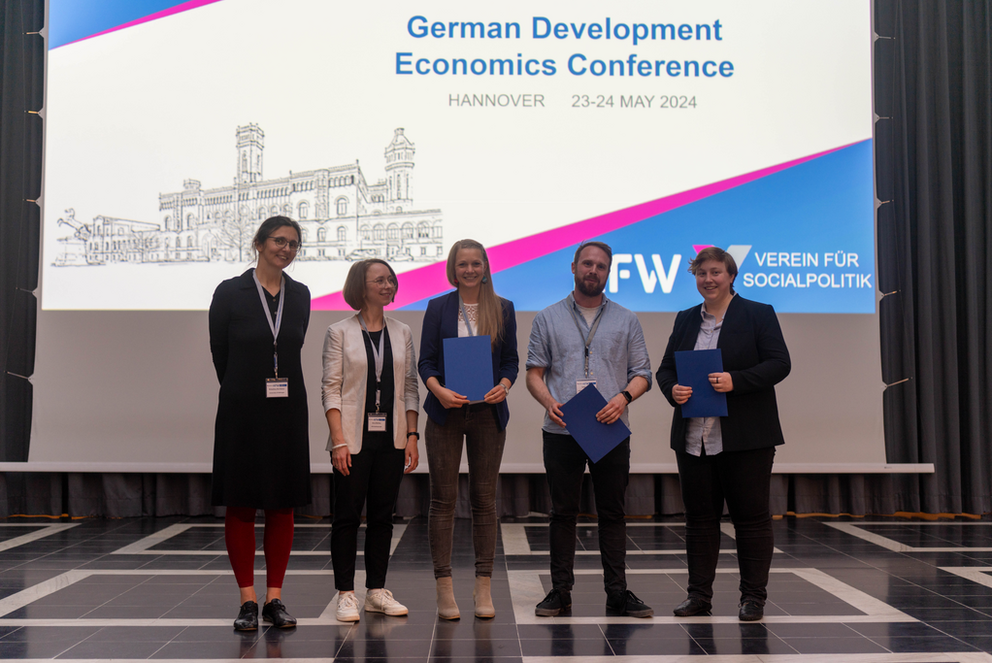Training and Technology for Sustainable Farming
Building on a completed project funded by the Federal Ministry of Education and Research (BMBF) entitled "IndORGANIC" (Grant # 031B0233) the Chair of Development Economics has started in 2021/2022 two new projects on sustainable farming:

Learning about sustainable adoption of green agricultural technologies: Experimental evidence from training with organic farming practices and soil tests in Indonesia (DFG – German Research Foundation, Grant # 467441310)
A large-scale pilot experiment on low-cost soil-test kits to enhance sustainable farming among small holders in Indonesia (DBU – German Federal Environmental Foundation, Grant # 36088/01)
| Research Team in Passau |
|
| Project Partners in Indonesia | Universitas Gadjah Mada (UGM)
IPB University: Universitas Atma Jaya Yogyakarta:
|
The projects in short
- Learning about sustainable adoption of green agricultural technologies: Experimental evidence from training with organic farming practices and soil tests in Indonesia
- A large-scale pilot experiment on low-cost soil-test kits to enhance sustainable farming among small holders in Indonesia
- Policy Briefs
Related publications (IndORGANIC)
Academic papers
- Fritz, M., Grimm, M., Keilbart, P., Laksmana, D.D., Luck, N., Padmanabhan, M., Subandi, N. & Tamtomo, K. (2021). Turning Indonesia Organic: Insights from Transdisciplinary Research on the Challenges of a Societal Transformation. Sustainability, 13, 23. https://doi.org/10.3390/su132313011.
- M. Grimm, N. Luck and F. Steinhübel (2023), Consumers’ Willingness to Pay for organic rice. Insights from a non-hypothetical experiment in Indonesia. Australian Journal of Agricultural and Resource Economics. https://doi.org/10.1111/1467-8489.12501
- M. Grimm and N. Luck (2022), Experimenting with a green ‘Green Revolution’. Evidence from a randomised controlled trial in Indonesia, Ecological Economics. https://doi.org/10.1016/j.ecolecon.2022.107727.
An earlier version of the paper has been circulated with the title “Can training enhance adoption, knowledge and perception of organic farming practices? Evidence from a randomized experiment in Indonesia” as an IZA Discussion Paper.
Policy Briefs
- Fritz, M., Grimm, M. & Luck, N. (2020). Information Sharing Within Social Networks: Lessons from an organic farming training. IndORGANIC Policy Brief, University of Passau.




![[Translate to Englisch:]](/fileadmin/_processed_/1/f/csm_Graduation_2da9309ed5.png)


